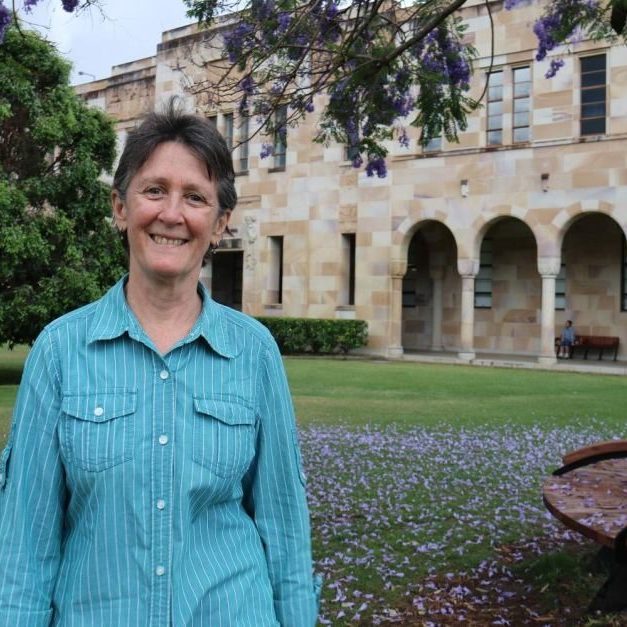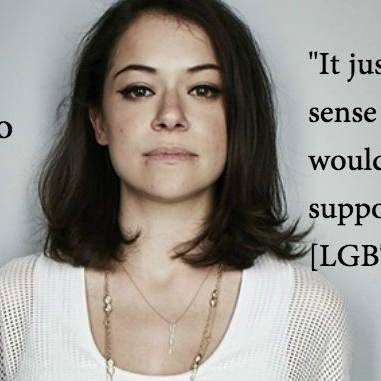WorkingOUT is a free, specialist employment service for LGBTI people with a disability or mental health condition.
You are a part of a program called “WorkingOUT”, which is a free, specialist employment service for lesbian, gay, bisexual, transgender or intersex people with a disability or mental health condition. What kind of services do you provide and how do you help your clients meet their work goals?
SensWide Employment’s “WorkingOUT” is the first and only Australian Government endorsed employment program supporting the needs of the LGBTIQ community. We have a team of experienced Employment Consultants from diverse backgrounds who provide employment, education, and training advice. Our team aims to provide a tailored program to meet the individual needs of their participants, and focuses on areas such as career counselling, resume preparation, training options, job search techniques, and interview preparation. Our team also provides assistance in coming out in the workplace (or choosing not to), as well as ongoing support to make the new job a success. We also provide disability and/or sexuality awareness training for colleagues in the workplace.
Who is eligible for your services? (ie is this a statewide or nationwide service?)
WorkingOUT is available to LGBTIQ individuals who have been diagnosed with a disability, mental health condition, who are unemployed, and currently seeking employment or training. The term“disability” encompasses any short or long term disability, illness, condition, barrier or disadvantage that may impact on a person’s capacity to work. This service is also available to those who are currently employed, but who might be in danger of losing their job. Currently this service is only available in Metropolitan Melbourne. Job seekers can be receiving a range of different benefits from Centrelink, or not linked at all.
What sort of advice would you offer LGBTI identified individuals when job searching?
Looking for work can have its challenges so keep focused on the desired industries you have key strengths in and target your applications to those advertisements. Sending generic applicaitons will not make you stand out from the crowd. Have the confidence to call a potential employer and introduce yourself, and gain additional information about the role. They will more likely remember your name and look for it in the applications. Most importantly, if you have not received notification of your application within a 2 week period, call and follow up. Often sending a thank you email after an interview is a polite and strategic action to take.
What are the biggest hurdlers for LGBTI people with a disability in the workplace?
This really is based at an individual level, however most common hurdles can be lack of confidence or belief in self, ignorance from prospective employers, stigma, and the uncertainty of disclosing barriers to a role (without offering solutions).
What advice would you offer businesses in improving disability and/or sexuality awareness in the workplace? What strategies have you found to be the most effective?
The best advice for any employer is looking beyond a person’s disability/sexuality/identity, as people can do extraordinary things when they have someone who believes in their abilities. Diversity brings business benefits and there’s a social responsibility to get involved in broadening the scope of a workforce.
WorkingOUT also provides support to LGBTI workers with a disability who are concerned about their job. What would be your advice to those facing problems at the workplace?
The best ways to address any work place problems are to seek assistance, either from an employment service such as WorkingOUT or to speak with a supervisor or manager for support. Remaining silent can only exacerbate a condition or situation, so it’s always best to start a conversation with someone that you trust.
If you are a potential job seeker, please contact WorkingOUT Employment Consultant: Mary Koutzamanis on (03) 8620 7155 or via email: [email protected]


